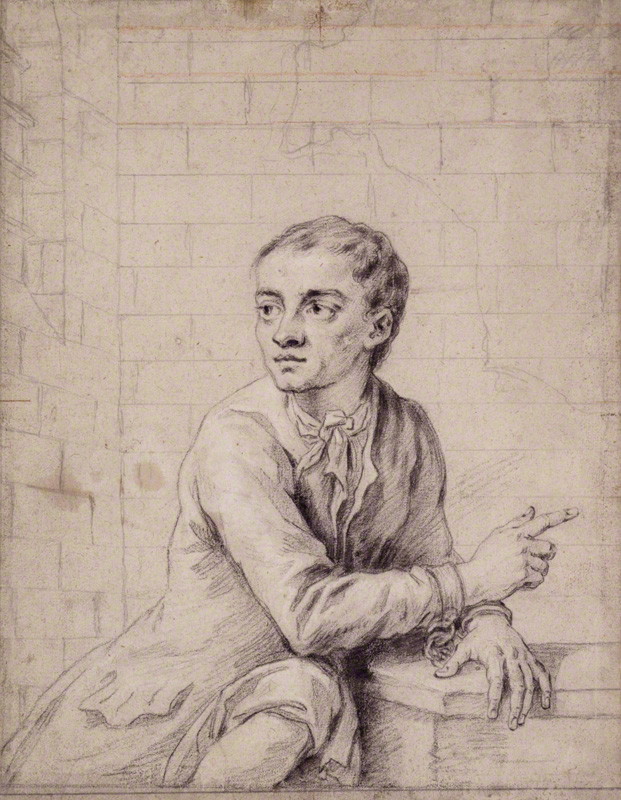
Twenty-First Century Agitprop
In every political epoch, the role of art comes up for reappraisal—whether better to edify or illustrate, to sing or to condemn. These purposes are not so separate; but even at this moment of upheaval, it remains unfashionable to think of artworks as instructional, let alone socially beholden. Where high art and so-called literary schools package opportunities for secluded contemplation, mass media and DIY cultures alike tend to function as only so many positive representations, leaving the world in which these circulate more or less unchallenged. By this fatally familiar logic, the future once again looks like the present, with more options.
Whatever the intent, it appears that any number of marginalized positions are increasingly subject to representation; though one might add that this media tipping point hasn’t increased anyone’s material security in particular. Nevertheless, this optical verve feels necessarily ironic given certain anxieties of the moment: whether with respect to an environmental precipice, the escalating crises of capitalism, brutal restrictions on free movement for migrants, or recent legislative attempts upon the civil rights of trans people, the American political imaginary tends increasingly to project a landscape vacated of any human detail whatsoever. Against this backdrop, one might insist, any politics of representation must also exert a demand for a world in which it is possible to exist.
Jordy Rosenberg’s debut novel, Confessions of the Fox, makes this radical demand, relating the life of a transgender outlaw in eighteenth-century England as a militant survival manual for the present day. A certain amount of historical redress is implicit in this representation. But this isn’t simply a question of visibility, which may only open onto new regimes of media and state supervision. Rather, Rosenberg writes in conviction of the radical capacity of narrative to counter the intolerable circumstances it depicts. Accordingly, this historical fiction doubles as twenty-first century agitprop, insistent upon the subversive afterlives of language and its subjects.
The Historical Novel
Historical fiction itself has a vexed relationship to politics, in both reactionary and radical versions. Officially, the genre reassures its reader with depictions of an unchanging human essence, whose existential predicament persists across classes and societies. By the same stroke, writing about history authorizes the most extravagantly simplistic depictions based on present-day mores, guiltlessly imputed to a distant past. It seems that such fictions can neither escape the present in which they are written, nor the factual scaffold supporting their fantastically embellished past. This predicament is both a difficulty and an advantage, depending on one’s emphasis.
Transpiring between early eighteenth-century London and a New England college town in the present day, Confessions of the Fox presents as a story...
You have reached your article limit
Sign up for a digital subscription and continue reading all new issues, plus our entire archives, for just $1.50/month.
Already a subscriber? Sign in




